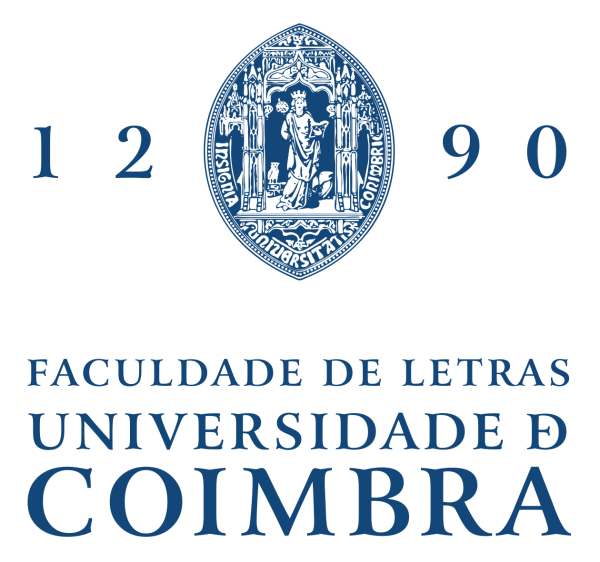The SMART Data Sprint is a hands-on event focused on projects with a digital methods and data science approach. The sixth edition took place between January 31st and February 4th at NOVA University of Lisbon and received Portuguese and foreign researchers to discuss themes in methods development and creation. The event is organized by the research group SMART (Social Media Research Techniques), from iNOVA Media Lab (ICNOVA).
Among the five projects developed during a week, the MyGender project researcher, Ana Marta Flores, led the proposal “Mapping apps in Google Play Store: what do gender representation and sexuality look like?” together with the team formed by Elena Pilipets, Sofia Caldeira, Alessandro Quets and Nabeel Siddiqui.

Inserted in a context that perceives the issues of gender and sexuality much more complex than the traditional binary and heteronormative system suggests in most societies, the study aims to understand how gender and sexuality are represented in the offer of applications on Android (Play Store) in Portugal.

The main results, beyond the explicit binary logic in the choice of colours and types of apps, highlight that the visibility of queer genders in the Google Play Store is mediated through the ecology of dating apps. Queer apps (agender, transgender and non-binary) are also strongly related to games, especially with acting by a character who is also queer. Queer gender is not yet visible in the normative construction of everyday life. Male and female sexuality, on the other hand, is more strongly linked to other areas of everyday life highlighting sexual opposites, such as fitness and health. More results will be made available soon.
The SMART Data Sprint programme also included conferences by internationally recognised researchers, such as Deen Freelon (University of North Carolina, USA), Katrin Tiidenberg (Tallinn University, Estonia) and Warren Pearce (University of Sheffield, UK).








